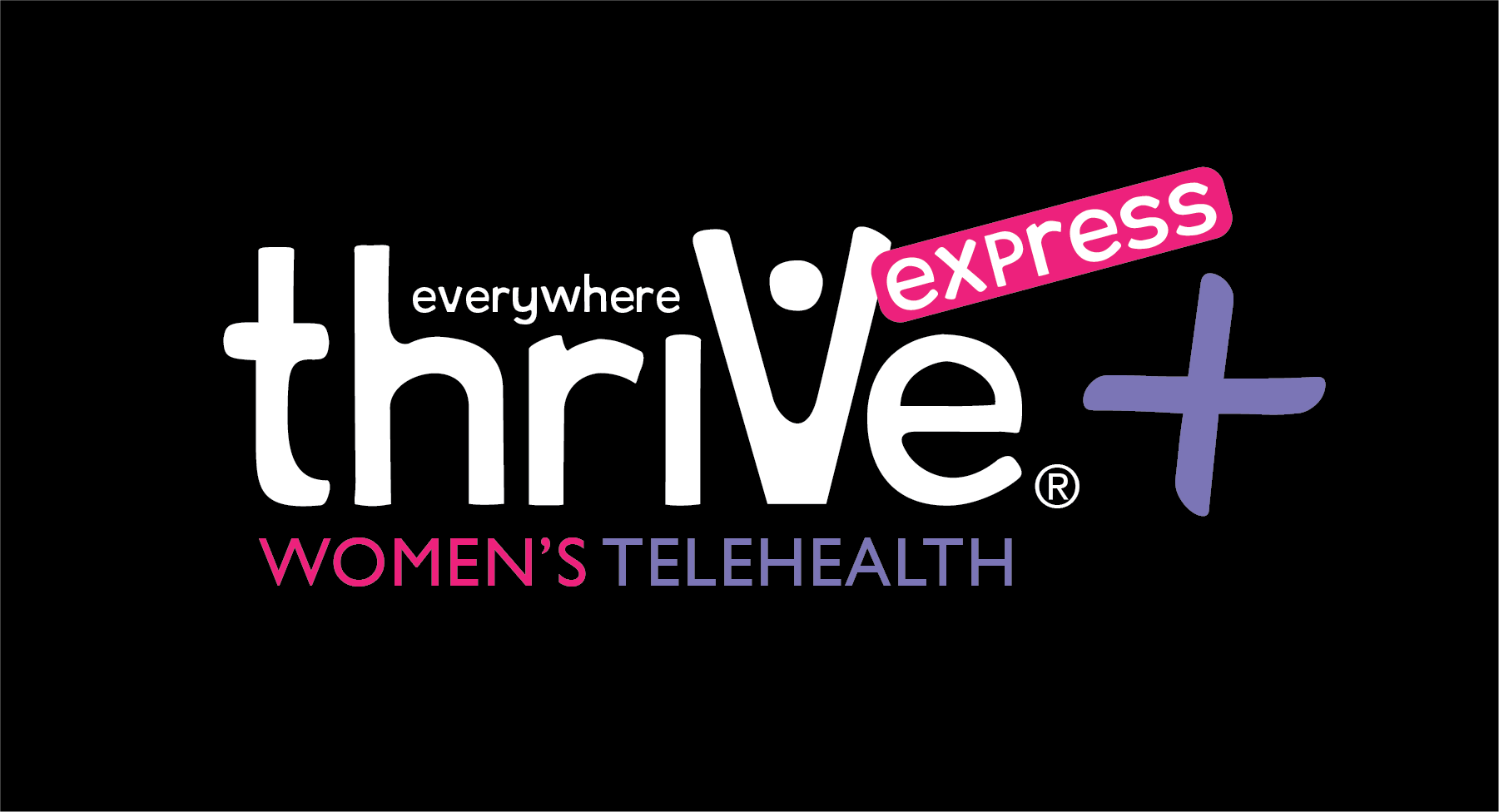What to Know About the Abortion Pill

Each year, more than 2.8 million women find themselves unexpectedly pregnant. These women might have some difficult decisions to face as they learn more about their options.
While the “abortion pill,” (a medication-induced abortion) can seem like the simplest and most inexpensive way to end an unwanted pregnancy, this medication carries some serious physical and emotional risks and isn’t right for everyone. Read on to learn what to know about the abortion pill as well as some of your other options.
How the Abortion Pill Works
There are two primary types of abortion: surgical abortion and medication-induced abortion. Surgical abortion, often used later in the first trimester or for those who are unable to take medication, uses a device. Medication terminates a pregnancy by forcing the uterus to shed its lining, much like a menstrual period.
Risks of Abortion-Inducing Medication
Although women shed their uterine lining each month without issue, being forced to do so when your hormones are telling your body “you’re pregnant!” can be more of a problem. This medication can only be dispensed by a physician, and its side effects include severe cramping, nausea, and even hemorrhage.*
What to Do Before Seeking the Abortion Pill
Whether you’re considering abortion or would like to explore your other options, it’s very important to have a pre-abortion screening before you make any decisions. Rushing into this decision, no matter what you ultimately decide to do, can lead to health problems and emotional trauma.
Pre-abortion screening will first verify your pregnancy through a medical-grade pregnancy test. If you’re not pregnant, your decision-making process can end here.
If a medical-grade pregnancy test yields a positive result, the next step should be an ultrasound to determine whether the pregnancy is viable and to see how far along you are. In many cases, congenital birth defects and other issues may cause you to miscarry before you reach the end of the first trimester; an ultrasound can help doctors spot these issues and advise you accordingly.
Finally, you’ll want to have an STD/STI test before you proceed. Having an abortion while you have an active sexually transmitted infection (like herpes, chlamydia, or gonorrhea) can significantly increase your risk of developing Pelvic Inflammatory Disease (PID), which can cause long-term health problems and even lead to infertility.** If you do have an STD or STI, it will need to be treated before you make any decisions about the future of your pregnancy.
Thrive St. Louis offers many valuable resources to women who may be facing an unplanned pregnancy. Thrive offers free pregnancy and STD testing services, including ultrasounds. If you suspect you may be pregnant and have nowhere to turn, make an appointment today.
Sources:
*https://www.acog.org/Patients/FAQs/Induced-Abortion#abortion
**The Mayo Clinic, Pelvic Inflammatory Disease Causes, available at https://www.mayoclinic.org/diseases-conditions/pelvic-inflammatorydisease/basics/causes/con-20022341 & National Center for Biotechnology Information, U.S. National Library of Medicine Ugeskr Laeger. 1992 Oct 26;154(44):3047-53.


